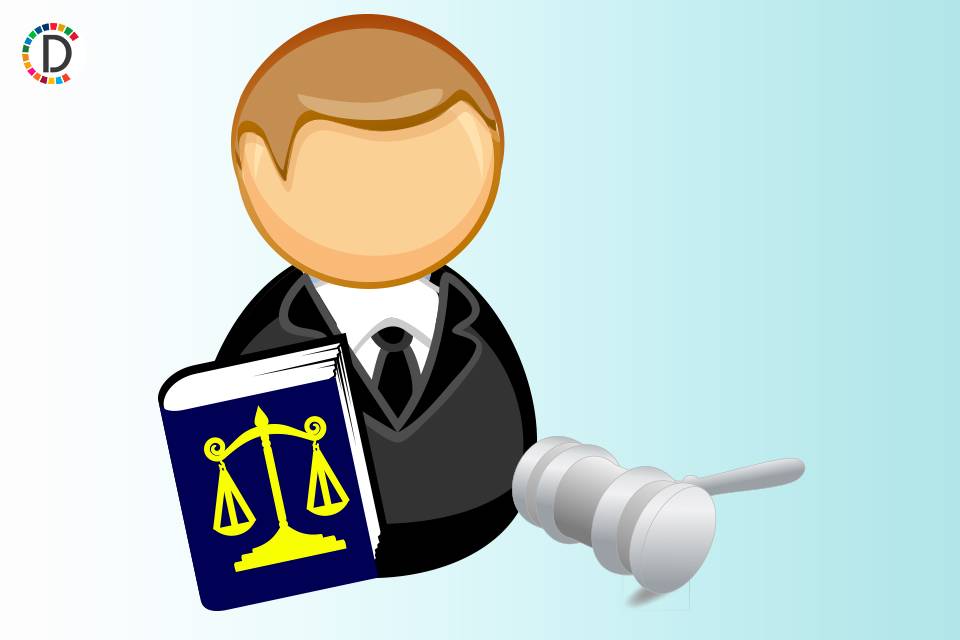Trump's Antifa Designation: Domestic Terrorism or Free Speech?
U.S. President Donald Trump plans to label Antifa as a domestic terrorist organization, despite challenges stemming from the movement's decentralized nature and ideological basis in anti-fascism. Experts suggest Antifa is protected under the First Amendment as it acts more as an ideology against white supremacy rather than a cohesive group.

President Donald Trump has announced his intention to classify the anti-fascist Antifa movement as a domestic terrorist organization. This comes amidst allegations of left-wing political violence, despite no concrete evidence linking Antifa to recent conservative activist murders.
Antifa, devoid of a structured political hierarchy, operates as a loose coalition promoting anti-fascism and anti-white supremacy. Its decentralized nature and basis in ideology complicate Trump's classification effort, as it challenges First Amendment protections for free speech.
While Antifa's roots reach back to early 20th-century Europe, its presence surged post-2016. Its activists, organized in small affinity groups, advocate for direct action, sometimes escalating to violence. Despite Trump's assertions, law enforcement records reveal no U.S. terror incidents directly tied to the movement.
ALSO READ
Jimmy Kimmel's Return: Controversy, Criticism, and Free Speech in America
FCC Controversy: Political Firestorm Over Free Speech and Broadcast Regulations
Jimmy Kimmel Suspension: Trump, Media Power Struggles and the Broader Impact on Free Speech
Consequence Culture: Conservatives Clash Over Free Speech After Charlie Kirk's Assassination
Consequence Culture Clash: Conservatives Debate Free Speech Limits










